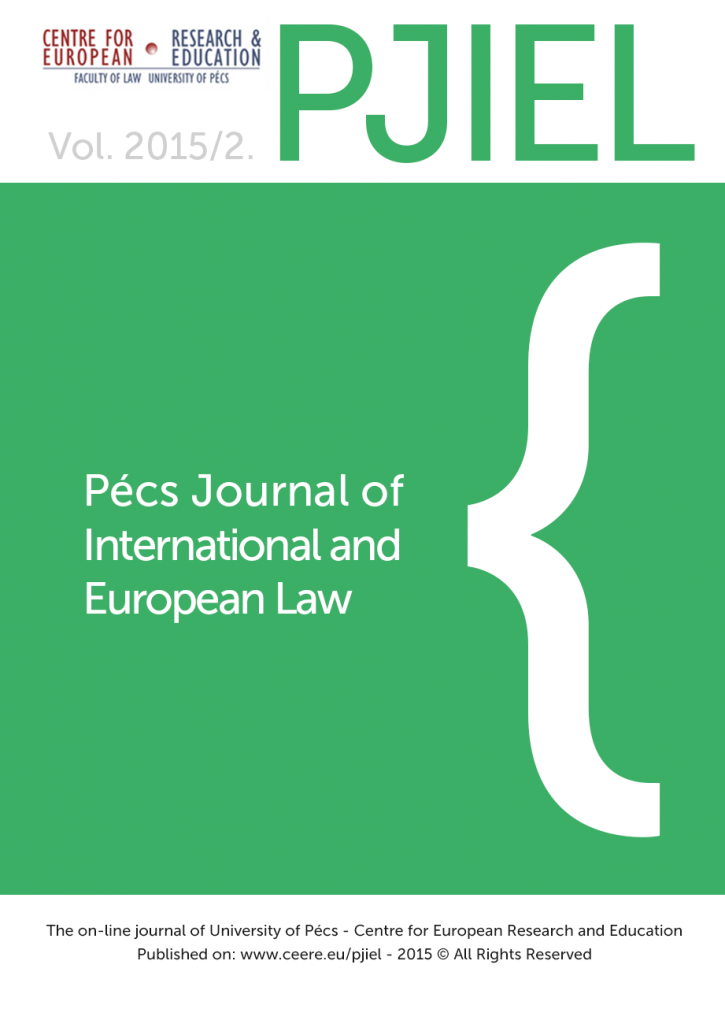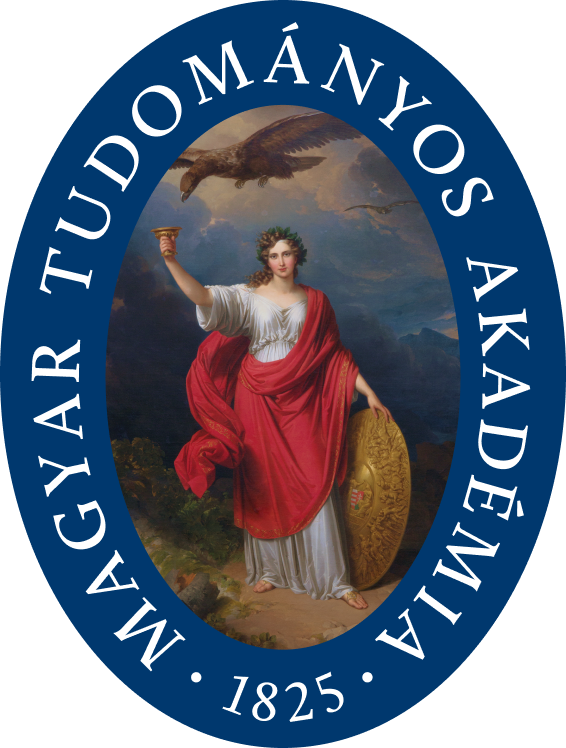Framing the Concept of Citizenship in a Contested Nation-State: Reflections on Kosovo
Keywords:
Kosovo, contested nation-state, citizenship, security, communitiesAbstract
Since the inception of the Republic of Kosovo in February 2008, the contouring of its statehood has been predominantly affected by four interwoven factors: the partial recognition of its sovereignty, perplexed inter-ethnic relations, profound international interference and parallel jurisdictions with the Republic of Serbia. The efforts put forth to conceptualise the meaning and scope of Kosovo citizenship in such a sensitive socio-political environment have proved particularly challenging. This paper aims to provide an analytical framework for determining essential elements of Kosovo citizenship, with particular emphasis on its practical and ideological implications for the multicultural, yet ethnically divided society. This is done through an assessment of the key nation-constituting legal norms as well as the deep-rooted ethnic tensions sparked by conflicting perceptions of Kosovo's statehood by the majority (Kosovo Albanian) and minority (Kosovo Serbian) population. By formal definition, Kosovo is an indivisible state of all citizens, however, polarised majority-minority interests have impinged the constitutionally guaranteed civic spirit of the entity, thereby threatening not only national, but also wider international security and integrity. With the purpose of determining and delineating labyrinthine intersections of a contested nation-state, citizenship, 'communities' and security, the paper offers a comprehensive theoretical analysis of the respective quadrilateral nexus.
Downloads
Downloads
Published
How to Cite
Issue
Section
License

This work is licensed under a Creative Commons Attribution-NonCommercial-ShareAlike 4.0 International License.





